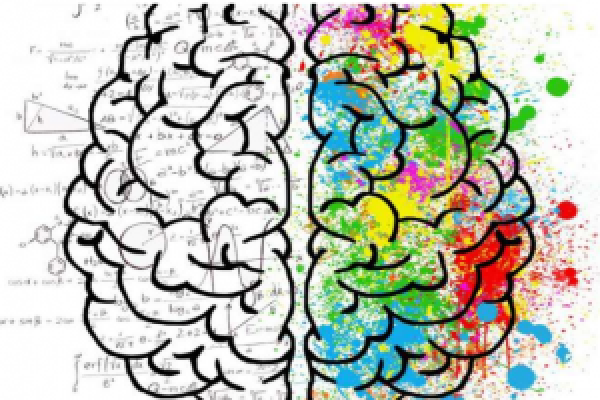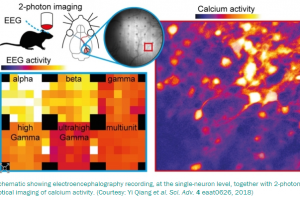Research suggests creative people do not excel in cognitive control
A recent study takes a new approach to measuring the association between creativity and cognitive control
A recent study takes a new approach to measuring the association between creativity and cognitive control. The research shows that people who have creative achievements do not engage in any more or less cognitive control than less creative people.
The researchers set out to compare the cognitive processes of people who have achieved creative success in their lives with those of people who scored well on laboratory tests of creativity. In one study, the researchers focused on a laboratory measurement of creativity, which measures "divergent thinking".
After taking this test, participants then completed a task designed to measure cognitive control, or the ability to switch the focus of their attention. Researchers then looked at the response times of the participants to the tests. The researchers also took electroencephalographic, or EEG, readings during this task.
Researchers found that participants who scored higher on the divergent thinking test also exhibited better cognitive control, as measured by their response times and EEG data.
In a second study, the researchers gave participants the divergent thinking test, and they added a test of real-life creativity.
Then the researchers measured cognitive control. In the second study, the researchers found that participants who scored well on the divergent thinking test once again exhibited greater cognitive control. On the other hand, participants with higher real-world creative achievements did not necessarily score well on the divergent thinking tests, nor did they exhibit greater cognitive control. These findings suggest that laboratory tests of creativity and real-life creative achievement are associated with different cognitive processes.
In their previous work, they found that real-world creative people have "leaky" attention filters, meaning their brains let in more sensory information than the brains of less creative people. It's like a double-edged sword. A lot of information can be overwhelming and distracting. But on the other hand, it helps creative people notice things others don't.
Zabelina ,the researcher, made clear that these results shouldn't be used to pathologize creativity. "The creative participants weren't bad at cognitive control," she explains. "Maybe they're just better at it when the task is interesting or they're involved with the task."
medicalxpress.com





Related Posts